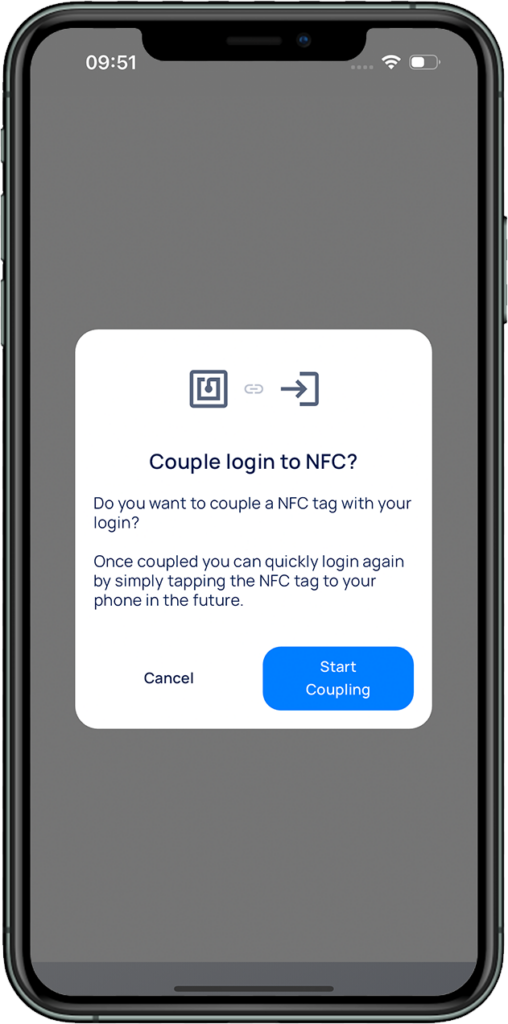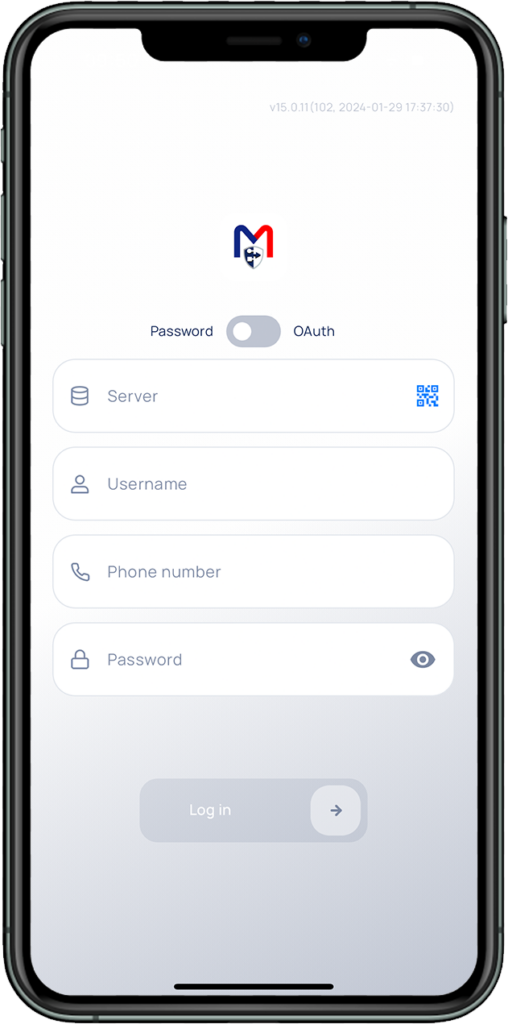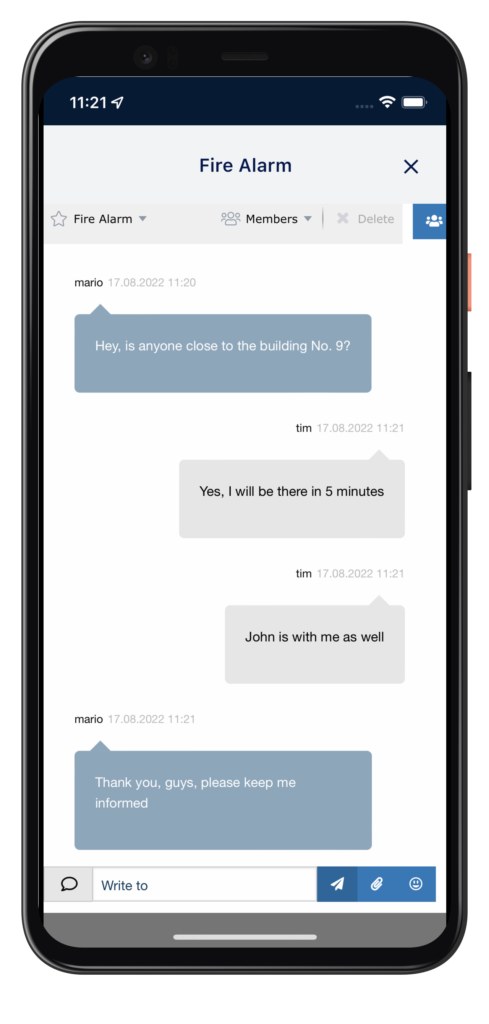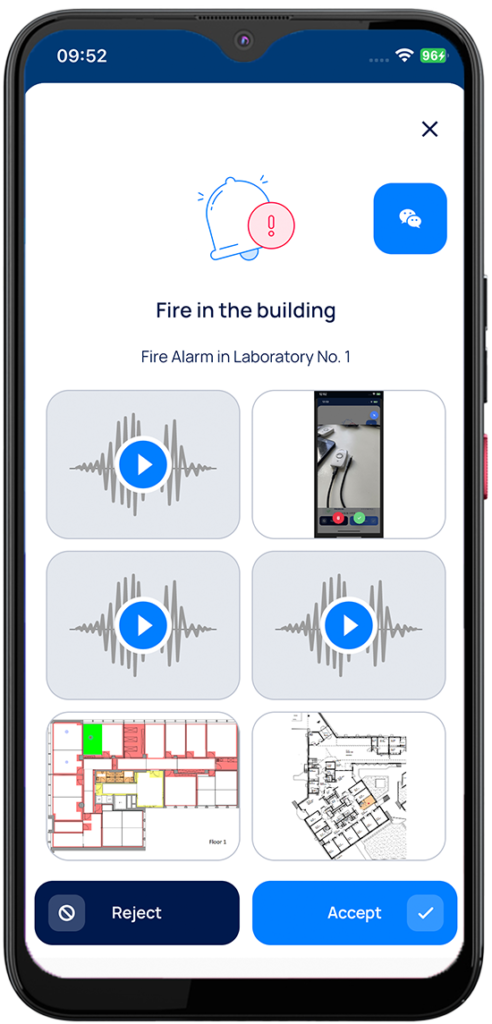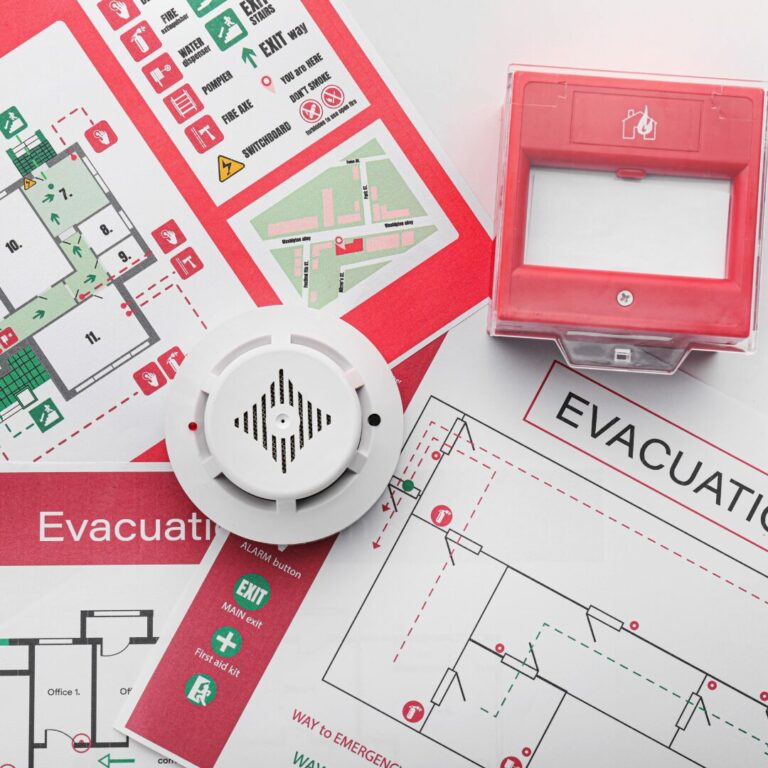
The Benefits of a Brand-Independent Solution for Alarm and Evacuation
In today’s fast-paced and technologically advanced world, it’s crucial for businesses to be able to respond to emergencies quickly and efficiently
A brand-independent solution for alarm and evacuation, as offered by New Voice International through MobiCall, provides numerous advantages that significantly enhance both safety and efficiency in critical situations.
Brand Independence for Maximum Flexibility: One of the greatest strengths of a brand-independent solution is flexibility. Businesses are not limited to the products of a single manufacturer and can choose the best available technology that meets their specific needs. This allows for a tailored configuration of alarm and evacuation systems that are optimally aligned with the individual requirements of the business.
Seamless Integration of Existing Systems: MobiCall facilitates integration with a variety of existing systems and technologies, including, but not limited to, fire alarm systems, access control systems, CCTV, and many others. This compatibility enables the utilization of existing investments and ensures centralized control over all security measures.
Cost Efficiency: By using a brand-independent platform, businesses can achieve significant cost savings. The ability to integrate various technologies and systems without being tied to specific manufacturers means that companies are not forced to invest in expensive proprietary solutions.
Future-proofing: The technology landscape is constantly evolving. A brand-independent solution offers the assurance that the system will remain compatible with new technologies and standards in the future. Businesses can be confident that their alarm and evacuation systems can be scaled and updated over time without needing complete overhauls.
Enhanced Safety and Responsiveness: In the event of an emergency, every second counts. MobiCall provides advanced features for alerting, mobilization, evacuation, and information distribution that enable a quick and coordinated response. Precise positioning of persons and assets improves evacuation processes and helps save lives and minimize damage.
Conclusion: Choosing a brand-independent solution for alarm and evacuation offers businesses unparalleled flexibility, cost efficiency, and future-proofing. MobiCall by New Voice International leads the way in this innovation, offering a powerful, customizable, and integrated platform that maximizes safety and efficiency in critical situations.








